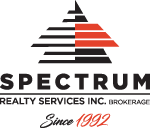3 Key Questions to Ask When Buying A Rental Property
Purchasing a rental property is a big investment, and often a reliable one. It generates passive income, and you acquire equity as the property increases in value.
But of course, you have to do your due diligence to ensure that your investment is protected. Here are a three critical key questions to ask yourself if you’re thinking of buying a rental property and how answer them.
What kind of property do I want?
There are pros and cons to each property type. A condominium tends to be less expensive than a single-detached home, and it has the advantage of a condo corporation and property manager to handle issues that arise in the building, meaning you as a landlord are only really responsible for what happens inside the unit.
Single-detached homes and townhomes can command a higher price and there’s a perception that they are more likely to attract higher quality tenants, like a family looking for a long-term living arrangement.
However, bear in mind that the larger your property, the higher your costs. Despite higher rents, that may not necessarily translate to better returns.
Where do I want to buy?
Everyone has heard that location is everything when buying a home, and that’s equally true of a rental property. Renters are usually looking for most of the same things you are: good schools, quality healthcare and hospitals, transit access, green space, shops, restaurants, etc. These will affect not just the rent your tenants will pay, but how quickly your property value appreciates.
Location will also, of course, play a role in determining who your tenants are. If your home is near a university, your tenants during the school year will almost certainly be university students.
There are also three unique things you’ll need to evaluate as a future landlord:
- The Job Environment: More employment opportunities means more potential tenants. This is the closest thing to a golden rule there is in purchasing a rental property.
- Rent: What are they in your area and how are they changing? The going rate will determine what you’re able to charge in rent. There are area-specific resources to give you an idea, and a seasoned real estate agent can help guide you as well.
- Vacancy Rates: This is important for two reasons. One, higher vacancy rates forces rental owners to drive down their rents to attract tenants. Two, higher vacancy rates means a higher likelihood that your property could be between tenants for a longer period of time, increasing your costs.
Can I afford it?
You’ll need to be able to pay at least 20% down to secure financing for your rental property, plus additional closing costs. If you own your own home, it may be possible to borrow money against your home’s value in order to finance your rental, sometimes as much as 80% of your primary residence’s appraised value. Speak with a mortgage specialist if you’re interested in doing this.
You’ll also want to consider whether the home will need substantial repairs or upgrades before you rent it out. You’ll also need to factor in:
- Your mortgage payments
- Capital expenses (replacing appliances, water heaters, AC units, damaged roofs, etc.)
- Property taxes
- Vacancy costs (i.e. the cost of the property you’re absorbing between tenants)
- Routine maintenance (and/or the cost of a property manager)
- Home insurance
- Landlord insurance
Plan for your expenses — not including the mortgage or capital expenses — to account for up to 50% of the income your property generates. And bear in mind that while rental income is taxable, these expenses are tax-deductible.
There are property calculators available online to give you an idea of how much income you may receive from your property.
Purchasing a rental property is a big decision. You want the right people to help you make it. Contact our team today.


